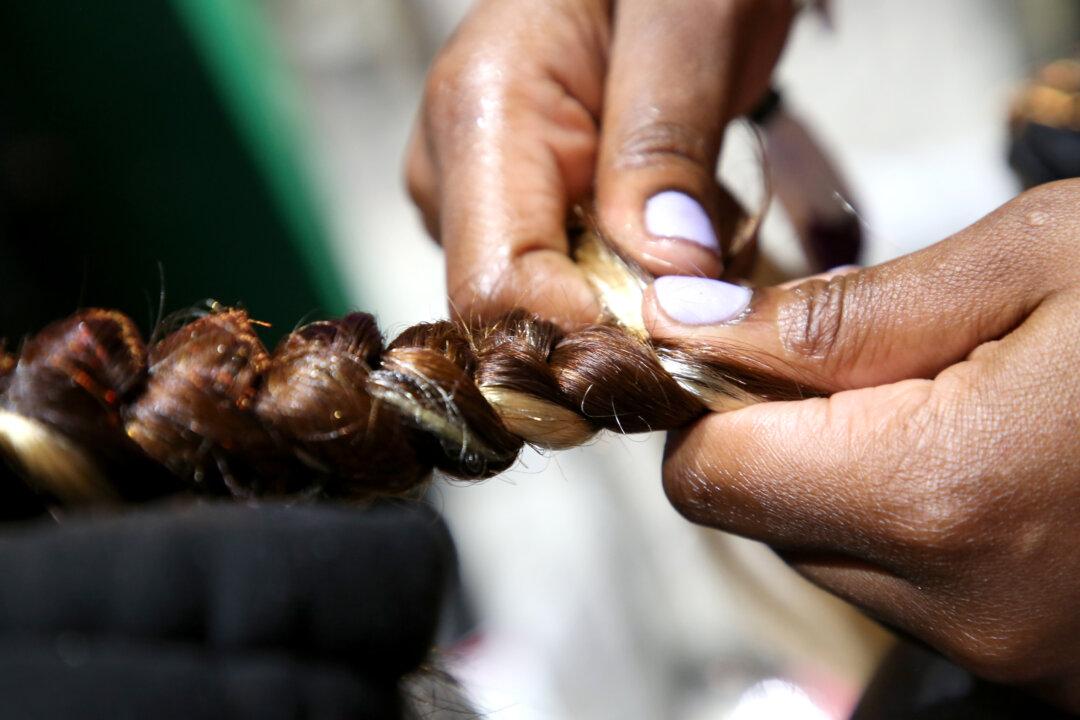A bill to ban the discrimination of natural hairstyles was passed in California last week, making it the first state in the United States poised to make the change.
In a unanimous vote, the new bill was passed 69 to 0 by California’s state assembly on June 27, reported ABC News.





